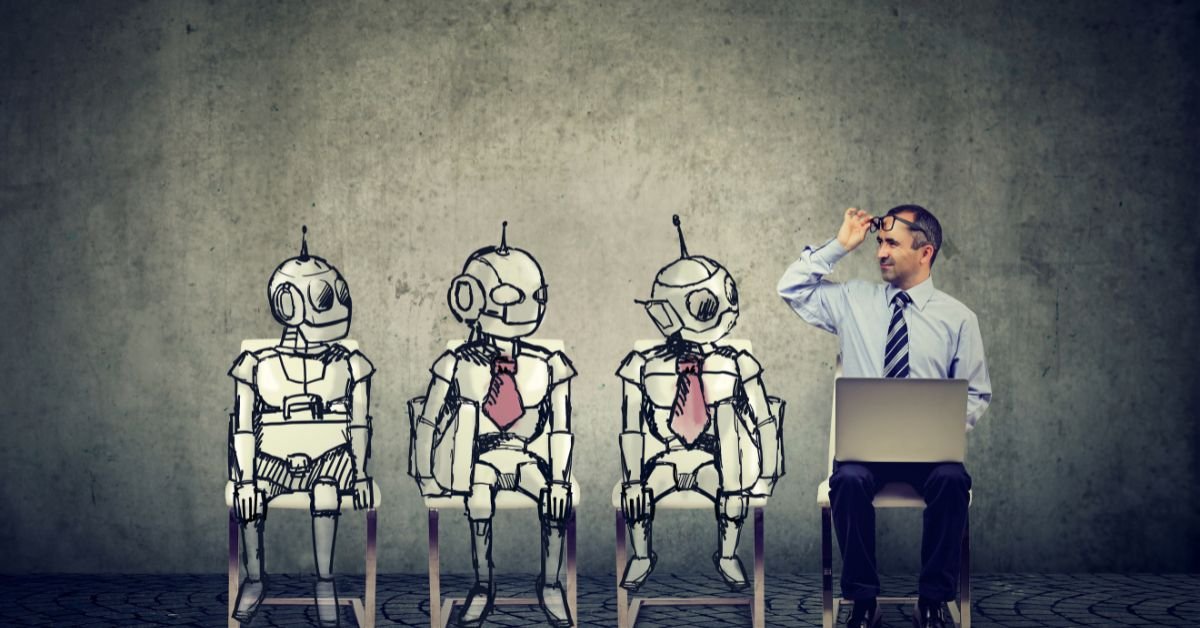AI and the workforce represent a partnership that is fundamentally altering the professional landscape. As AI-driven technologies continue to evolve, they impact how we work, the skills we need, and the very nature of our jobs. In this article, we will explore the profound changes AI brings to the workforce and how we can adapt to thrive in this technological evolution.
The Transformative Power of AI
The AI Revolution Begins (Keyword: AI and the Workforce)
Artificial Intelligence, or AI, has moved from the realm of science fiction to practical, real-world applications. Its growth and integration into the workforce have been swift and disruptive, ushering in a new era. The impact of AI extends beyond routine automation, encompassing advanced machine learning, natural language processing, and data analytics.
AI in the Workplace
AI has already become a staple in various industries. Chatbots handle customer inquiries, predictive analytics inform decision-making, and robotic process automation handles repetitive tasks. This integration is streamlining operations, enhancing efficiency, and reducing human error.
The Skills Revolution
As AI technologies advance, the skills required in the workforce are also evolving. Basic digital literacy is no longer sufficient. Data science, AI programming, and the ability to collaborate with AI systems are becoming essential skills.
AI and the Job Market
AI’s impact on the job market is complex. While it automates certain tasks, it also creates new roles. The workforce is witnessing a shift from manual tasks to cognitive tasks, where judgment, empathy, and creativity are highly valued.
The Adaptive Workforce
Embracing Change (Keyword: AI and the Workforce)
Adapting to the technological evolution brought by AI is crucial for the workforce. Rather than fearing job displacement, employees must embrace the opportunities and challenges AI presents.
Continuous Learning and Reskilling
One of the keys to thriving in an AI-driven workforce is a commitment to lifelong learning. This involves acquiring new skills, adapting to new tools, and staying informed about industry developments.
Collaboration with AI
AI should be viewed as a collaborator rather than a replacement. Understanding how to work effectively with AI systems is a skill that will become increasingly valuable.
Challenges and Concerns
AI and Job Displacement (Keyword: Challenges and Concerns)
Job displacement due to AI remains a concern. Repetitive, manual jobs are most vulnerable, and addressing this challenge requires comprehensive strategies, including upskilling and social support systems.
Ethical Considerations
The rise of AI introduces ethical questions. Issues of privacy, bias, and the use of AI in decision-making require thoughtful regulation and guidelines.
The Future Workforce
The Human Touch in the AI Age
While AI can handle many tasks, there are areas where the human touch remains irreplaceable. Empathy, creativity, and ethical judgment are domains where humans excel.
AI and Job Creation
The adaptation to AI will see the creation of new roles and opportunities, especially in AI development, support, and AI-augmented work.
Conclusion
AI and the workforce are indeed adapting to a technological evolution. By embracing change, continuously learning and reskilling, and focusing on collaboration, the workforce can not only survive but thrive in the age of AI. The challenges AI poses are real, but with a proactive approach, they can be transformed into opportunities for professional growth and advancement.

